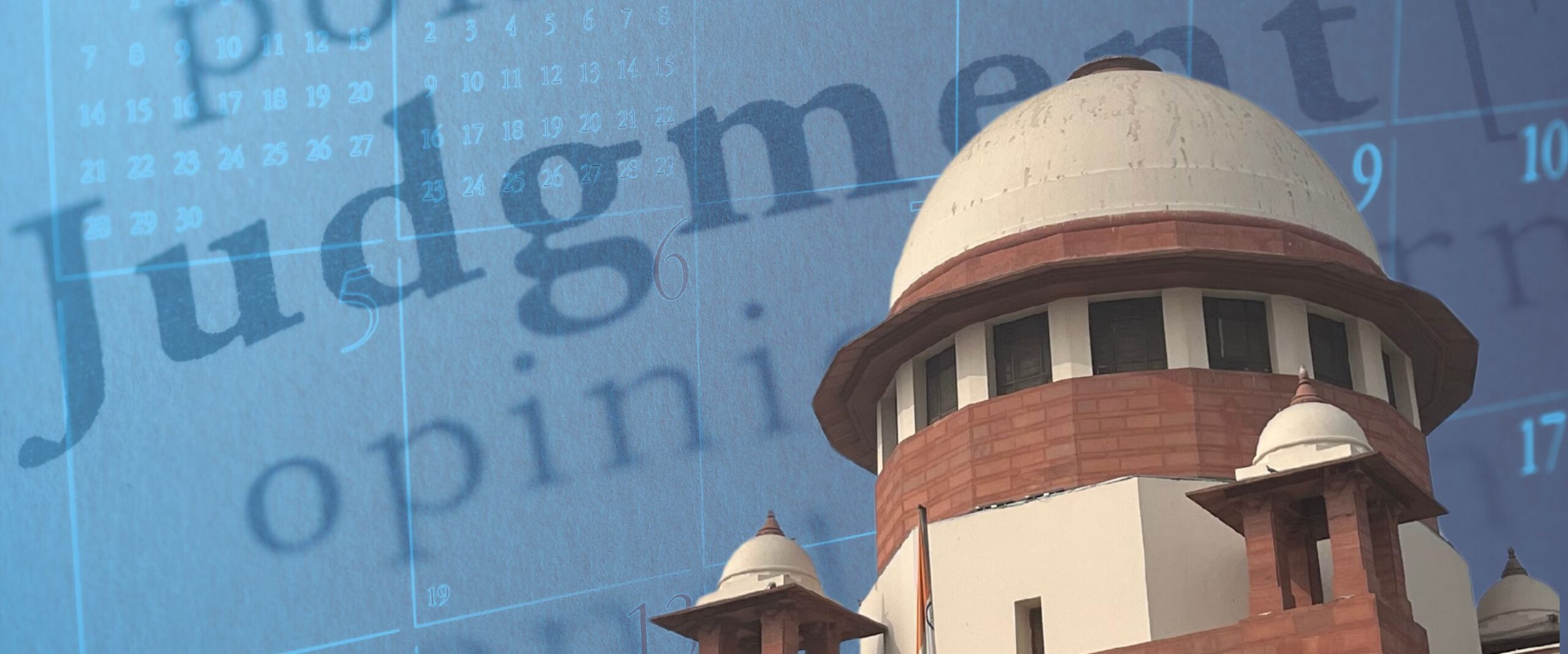Analysis
After the break
The Court’s first week back saw a number of decisions including interim bail for Arvind Kejriwal, a review petition and Collegium activity

Yesterday, a Division Bench led by Justice Sanjiv Khanna delivered the much awaited verdict in Delhi CM Arvind Kejriwal’s challenge of his arrest by the Enforcement Directorate in the Delhi Liquor Policy scam. The Bench granted Kejriwal interim bail but referred the wider question on the legality of his arrest under the Prevention of Money Laundering Act, 2002 to a larger bench. Kejriwal will continue to remain in prison, however, owing to his arrest by the Central Bureau of Investigation in connection with the same matter last month. Yesterday, a trial court extended the CBI’s custody of the CM until 26 July.
There were other stories that made news during the Court’s first week back after the summer break. The Collegium recommended Justices N. Kotiswar Singh of Manipur and R. Mahadevan of Tamil Nadu for elevation to the top court.
On Monday, the Court heard a slew of petitions in connection with a matter that has dominated the news cycle for the last few weeks: the paper leak in the 2024 NEET UG Exam. The bench observed that the leak was an undisputed fact and directed the National Testing Agency to disclose material details so that it can decide whether a re-test is warranted.
Five judges were scheduled to get together in chambers on Wednesday to hear a review petition against the Court’s October 2023 judgement denying the legal recognition of marriage for sexual minorities. Justice Khanna recused and it is now up to the Chief Justice to reconstitute the bench.
The many judgements delivered in Division Bench matters through the week validated Chief Justice D.Y. Chandrachud’s claim that the summer break allows judges time to work on decisions.
The Chief’s court opened its first day back with a judgement that encouraged the dignified representation of persons with disabilities in visual media. Even as the Bench refused to interfere with the Censor Board’s power to issue certificates, it cautioned filmmakers from using ableist language and directed them to “check for accurate representation of a medical condition as much as possible…”
The same day, Justices Abhay Oka and Ujjal Bhuyan recognised the fundamental right to privacy of an individual who is out on bail. The Bench held that an investigating agency could not impose arbitrary bail conditions such as directing the accused to share their location at all times.
A bench comprising Justices B.V. Nagarathna and A.G. Masih also made headlines this past week with two progressive family law verdicts. On 10 July, the judges held that divorced Muslim women were entitled to maintenance under Section 125 of the Code of Criminal Procedure, 1973, along with the legal entitlement under the Muslim Woman Protection Act, 1986. In a different judgement on the same day, this Bench observed that husbands must financially empower homemaker wives.
On Wednesday, a Bench led by Justice B.R. Gavai in Courtroom 3 began the day with a judgement that maintained the West Bengal government’s Original Suit alleging that the CBI has been filing FIRs in the state without jurisdiction. Under the scheme laid out in the Delhi Special Police Establishment Act, 1946, central agencies need the state government’s consent before investigating crimes in their territories. West Bengal’s suit alleges that the CBI has been filing complaints despite the state’s withdrawal of general consent. The case is listed to be heard on merits in August 2024. So far, at least 10 states including Tamil Nadu, Telangana and Kerala have withdrawn consent under the DSPE Act.
The rest of the term promises to be a busy one on the legal and administrative fronts. Justice Hima Kohli and CJI Chandrachud are retiring later this year. At least seven Constitution Bench judgements with wide ramifications are expected before the Chief retires in November. During the Court’s seven-week hiatus, our bustling newsroom took a minute to reflect on the term that went by. We also launched a special series to commemorate 75 years of the Supreme Court. Now, with everything that’s on the Court’s anvil, the pace of hearings and judgements is unlikely to slow down. To keep track, do visit scobserver.in.
This article was first featured in SCO’s Weekly newsletter. Sign up now!